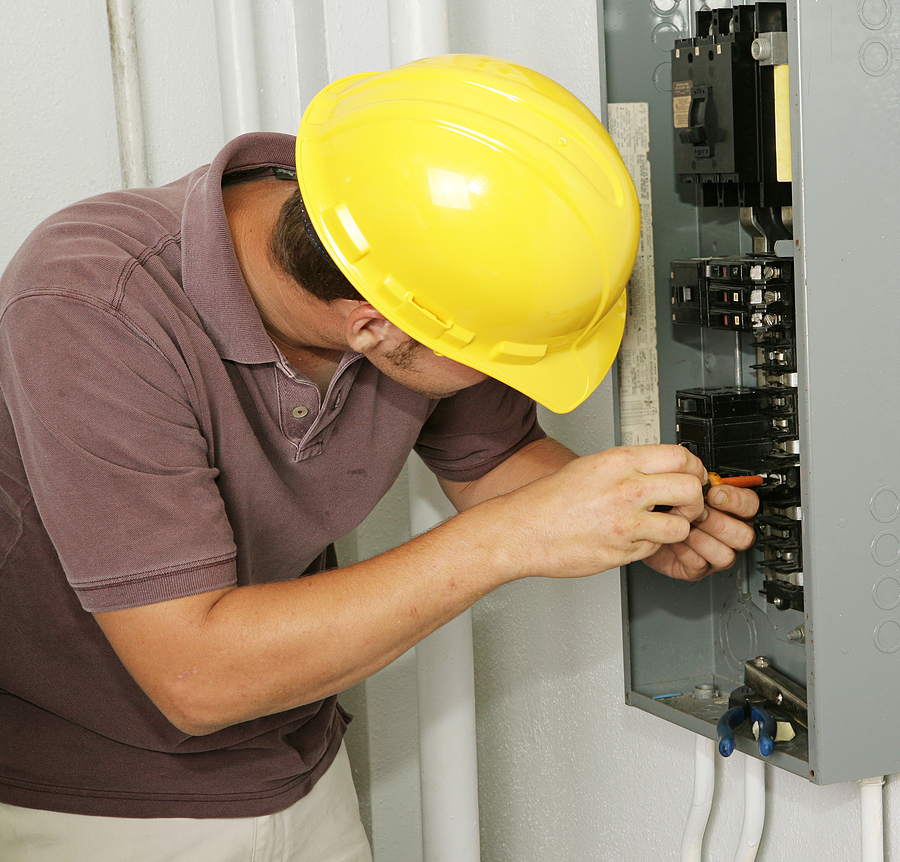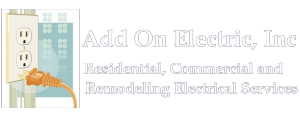Is Your Home in Need of an Electrical Service Panel Upgrade? Here’s How to Tell – Part Two

Have you peeked at your electrical panel lately? If it’s old or unsafe, an upgrade should be on your mind. In this article, I’ll go over the signs your house needs a new breaker box so you can decide.
What Do Electrical Panels Do?
The panel, or breaker box, is the power hub that routes electricity from the main lines throughout your home.
Inside are circuit breakers that cut power to individual circuits if they start to overload. This prevents fires or shocks from too much electricity. There’s also a main shutoff to kill power to the whole house in an emergency.
So in short, the panel distributes and controls power for safety. It’s a super important equipment piece!
Clues Your Electrical Panel Needs Replacement
Now that you know the basics, here are clues your panel may need swapping out:
You Have an Old Fuse Box
If your home still has a fuse box instead of a modern panel with breakers, an upgrade is likely overdue. Fuse boxes were the norm pre-1960, but don’t meet today’s standards.
They use individual fuses – little metal strips that burn out when circuits overload. This cuts power like a tripped breaker. But you must replace each blown fuse manually. Way more hassle than simply resetting a breaker! Upgrading ditches fuse hassles for good.
Your Panel Lacks Enough Circuits or Power
Constantly struggling to find outlets? Reset tripped breakers daily? This often means your panel’s capacity can’t handle your home’s needs.
With our gadget-loving lifestyles, most houses now need 200+ amp panels. If yours lacks capacity, upgrading provides more circuits to prevent nuisance trips.
You Have an Outdated Split Bus Design
Split bus panels were common in 1950s-1970s homes. They use separate buses instead of one centralized bus and lack a main shutoff.
When installed, split bus panels were safe. But today they don’t meet code. Upgrading gets you a single-bus design that’s modern and compliant.
You Have Aluminum Wiring
During the 60s/70s, some homes used aluminum wiring rather than safer copper. Unfortunately, aluminum is prone to issues over time that can raise fire risk.
If your home has aluminum, a panel upgrade also lets you re-wire with copper for safety.
You Have a Surface-Mounted Panel
Really old homes sometimes have panels mounted directly on the wall. This leaves the wiring more exposed to damage. For safety, panels should recess inside the wall framing.
Upgrading allows installing a flush-mounted panel to better protect the wires within the wall. Much safer!
Your Panel is Rusty or Damaged
Inspect your electrical panel closely – any rust, water damage or deterioration? Heavy corrosion poses serious fire and shock risks.
Replacing a rusted or damaged panel reduces these risks and gives you fresh, safe equipment. Don’t take electrical safety lightly!
You’re Always Resetting Tripped Breakers
Constantly dealing with tripped breakers often means your circuits lack adequate capacity. Upgrading to a larger panel with more circuits helps minimize nuisance trips.
Why Upgrading Your Panel is Wise
As you can see, there are some really good reasons to replace an old, insufficient, or unsafe panel. Here are some key upgrade benefits:
- More circuit capacity for today’s power needs
- Safer overload protection with handy breakers, not fussy fuses
- Lower fire risk from outdated wiring and corrosion
- Emergency shutoff ability with a main breaker
- Meets all current electrical safety codes
- More reliable power with fewer flickers or outages
- Increases your home’s resale value
Upgrading provides better performance, safety, and peace of mind. It’s one of the smartest home investments you can make!
Call an Electrician at the First Signs
If you notice any iffy signs with your electrical panel, have it looked at right away. Problems won’t fix themselves.
Contact qualified electricians to inspect your panel and provide upgrade quotes.
With care, a new panel can easily last 30+ years. Don’t wait for serious issues – be proactive replacing questionable electrical gear before problems crop up.
